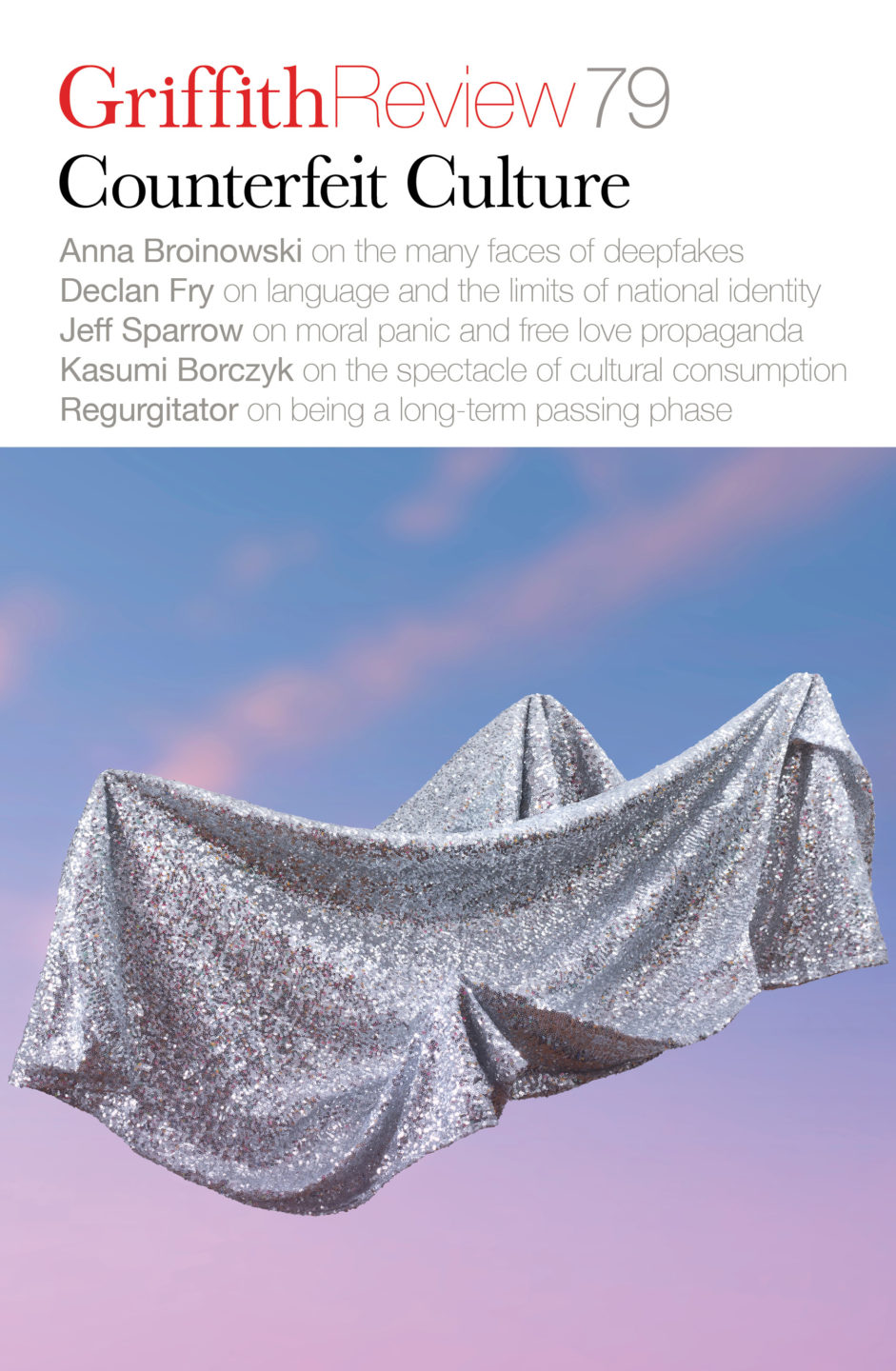Featured in

- Published 20230207
- ISBN: 978-1-922212-80-1
- Extent: 264pp
- Paperback (234 x 153mm), eBook


Already a subscriber? Sign in here
If you are an educator or student wishing to access content for study purposes please contact us at griffithreview@griffith.edu.au
Share article
More from author

Inside the dark tower
Thinking of what is gone, I pause on the bridge and look back. The windows and sleek curvature of Woodside Karlak now give the impression of smooth scales, sliding upwards towards the encroaching night. It is hard not to appreciate elements of the architecture, even when you know what is being sacrificed as a consequence of the decisions that take place behind the darkened glass of the great tower.
More from this edition

No name for the country
Non-fictionFor the past thirty-odd years, Hideo has worked exclusively in Japanese, publishing several novels and collections of criticism and essays. Why Japanese? is a question he is often asked. It harbours a kind of suspicion: why would a native speaker of the English language, the language of power and prestige and capital ... give it all up in favour of a comparatively minor language, a marked and ethnicised tongue?

A passing phase
In ConversationI went to Tim’s Guitars years ago and I saw Grant Hart from Hüsker Dü do a solo thing and he had a Q&A after the solo. And some guy went, ‘How often do you practise guitar?’ And then Grant Hart said, ‘I never practise guitar, practising guitar gets in the way of my personality.’ And I was like, ‘Oh wow, that’s actually really true.’

Dot and Ern
Poetry Like the hawk of fabric shears, cockatoo calls cut raucous through sheets of...